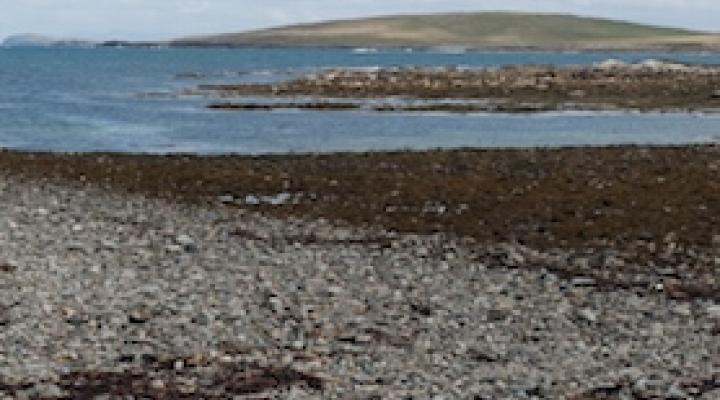

Michael Levine discusses pantheism in relation to ecology in the context of the search for the metaphysical and ethical foundations for an ethological ethic.
Shrader-Frechette and McCoy use examples related to preservation versus development, hunting versus animal rights, and controversies over pest control, to show that, because ecology is conceptually and theoretically underdetermined, environmental values often influence the practice of ecological science.
John Haldane discusses the need to consider issues relating to the aesthetics of the environment, using a little known theory of Aquinas.
Renee Binder and G.W. Burnett examine how Ngugi wa Thiong’o, East Africa’s most prominent writer, treats the landscape as a fundamental social phenomenon in two of his most important novels, A Grain of Wheat and Petals of Blood.
Common, Blamey, and Norton discuss the connections between sustainability and environmental valuation for economists.
Alan MacQuillan discusses the advent of new forestry in the United States as representing a traumatic shift in the philosophy of national forestry praxis, a broadening of values to include aesthetics and sustainability of natural ecological process.
Markus Peterson and Tarla Rai Peterson outline the history of valuation techniques using the Exxon Valdez disaster response and the valuation of whooping cranes as examples of how these tools can constrain policy, presenting an ethical dilemma for democracies by naturalizing, then ethicizing, existing patterns of domination.
Roger Paden traces the influence of biological ideas on environmental ethics. Is there an alternative to the grand theories commonly employed?
James Anderson discusses concepts of “species equality” and “species superiority” to provide a framework of intrinsic values that justify such terms.
Anthony M. Friend on Ecological Economics—a new synthesis in which the traditional virtue of thrift is justified using modern ideas from systems theory and thermodynamics.